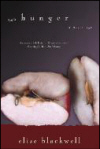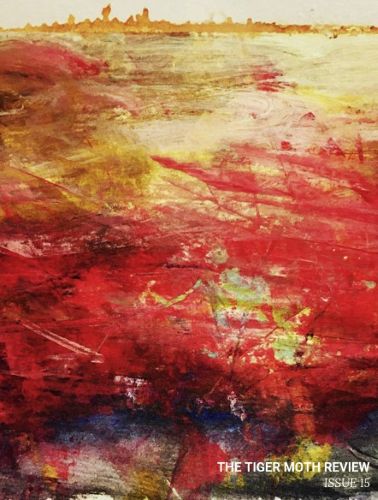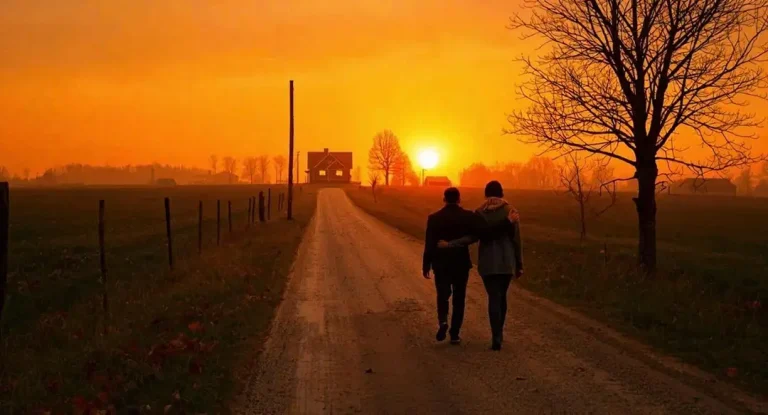This first paperback edition of Elise Blackwell’s debut novel Hunger comes five years after its original hardcover publication by Little, Brown in 2003, but the book has aged well, its short narrative seeming even more timely as it uses its historical setting as inspiration for an exploration of how our appetites at all times threaten to topple not only our personal morality but also our professional and political principles.
This first paperback edition of Elise Blackwell’s debut novel Hunger comes five years after its original hardcover publication by Little, Brown in 2003, but the book has aged well, its short narrative seeming even more timely as it uses its historical setting as inspiration for an exploration of how our appetites at all times threaten to topple not only our personal morality but also our professional and political principles.
The novel is set during the German siege of Leningrad during World War II, narrated by an unnamed protagonist from his home in contemporary New York. His safety in America secured from the first chapter, it quickly becomes obvious that physical danger exists only for the other characters in his story, and his guilt as a survivor of the great siege comes through on every page. As the story progresses, more facets of this guilt will be revealed, much of it deserved but some not.
During the siege of Leningrad, the narrator and his wife worked as botanists at the Research Institute of Plant Industry in Leningrad, under the “Great Director,” a man based on the historical person of Nikolai Vavilov, a prominent biologist who discovered the “centres of origin” for a wide variety of plant species, devoting his life to the genetic improvement of cereal crops before dying in prison in 1942 or 1943 after being persecuted by scientists aligned with Josef Stalin. Although all of the characters in Hunger are inventions, this is still a powerful backdrop against which to work, and Blackwell makes the most of it, as in this scene from the beginning of the siege:
The volunteers of the opolchenia, including my Alena but not myself, scurried like rodents. Shelters appeared, and trenches. Young women pierced their skin wrapping barbed wire around obstacles built to prevent tanks from penetrating the city. We all waited for the attack and prepared to defend our city block by block, building by building, hand to hand.
But the tanks never rolled in. They stopped outside the city, and how much simpler it would have been had they kept coming.
Even before the siege begins, the narrator is already a man incapable of controlling his appetites, particularly his sexual longings for women who are not his wife. In a storyline that parallels several others, the narrator commits adultery repeatedly, often with other women working at the Institute, even though he loves his wife and always returns to her, holding her above all the others. Still, Alena is barren, a contrast that sets her apart from the other women at the Institute, and just one of the many such pairings that make up much of the book’s thematic bulk: barrenness vs. fertility, hunger vs. gluttony, life vs. death.
In the end, the narrator both admits and then dismisses his guilt, saying, “If I am a coward, then what I fear are my own thoughts. And my own thoughts were precisely what cold and hunger delivered to me. Brave of body and weak of mind, yes, and alive to think about it.” It is this self-recognition – and the symbolic gesture it leads its narrator to make in his New York apartment – that brings home the true force of what he has done and what it has cost him.
Hunger is a particularly powerful fable in these present times, in an America that has spent six years embroiled in a war that, at least for those of us without loved ones overseas, has involved almost nothing in the way of sacrifice. By inventing this narrator who, among a company of Russia’s greatest botanists sacrificing all, saves himself first, Blackwell gives us a parallel to our own countrymen – and yes, our own selves – who have surely forsaken some part of our convictions in the name of security and safety. In this way, as her narrator reveals the dark shame inside himself, he also reveals what he too may have hidden away inside us.





